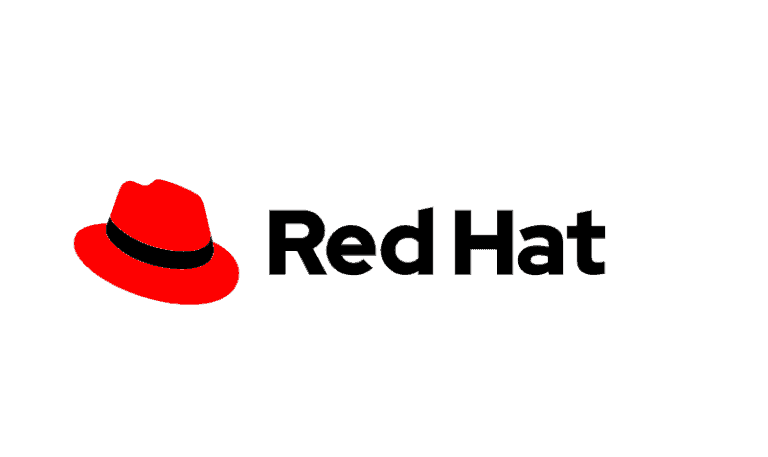The move is in response to the storm of anger over Red Hat’s announced changes to CentOS Linux.
Red Hat this week announced that it is introducing no-cost Red Hat Enterprise Linux (RHEL) for small production workloads. They are also adding no-cost RHEL for customer development teams. The announcement came in the form of a blog post released on January 20.
On December 8, 2020, Red Hat announced they would begin shifting their work from CentOS Linux to CentOS Stream on December 31, 2021.This announcement met with no small amount of consternation in the Red Hat community.
Red Hat is positionoing this new no-cost RHEL initiative as a sort of peace offering to appease users who were upset at the change to CentOS. The new offering will make a no-cost RHEL available for small production workloads and also for customer development teams.
No-cost RHEL for small production workloads
Red Hat is keen to point out that a no-cost RHEL already exists through the Red Hat Developer program. They are now expanding the terms of the Red Hat Developer program so that the Individual Developer subscription for RHEL can apply in production environments for up to 16 systems.
This means that for small production use cases, this is no-cost, self-supported RHEL. Users can sign in with a free Red Hat account (or via single sign-on through GitHub, Twitter, Facebook, and other accounts) and download RHEL and receive updates.
Customers can also use the expanded Red Hat Developer program to run RHEL on major public clouds including AWS, Google Cloud Platform, and Microsoft Azure. They have to pay only the usual hosting fees charged by their provider; the operating system is free for both development and small production workloads.
No-cost RHEL for customer production teams
Red Hat are expanding the Red Hat Developer program to make it easier for a customer’s development teams to join the program. These development teams can now join this program at no additional cost via the customer’s existing subscription. The idea is to “make RHEL more accessible as a development platform for the entire organization,” according to the post.
Through this program, people can also deploy RHEL via Red Hat Cloud Access. It is also accessible on major public clouds including AWS, Google Cloud Platform and Microsoft Azure. Again, there are no additional costs except for the usual hosting fees charged by the cloud provider.
Availability
Red Hat says the updated Individual Developer subscription for RHEL will be available no later than February 1, 2021.
